For companies trying to simplify processes, cut expenses, and concentrate on core operations, HR outsourcing can be a good tactic. Though outsourcing HR tasks including payroll, recruiting, and benefits administration has numerous benefits, it also presents a number of difficulties. Ensuring a seamless transition and effective cooperation with an HR outsourcing provider depends on knowing these obstacles and putting plans of action into action. Through outsourcing hr, companies benefit from strategic insights and improved efficiency without the burden of managing HR internally.
-
Selecting an appropriate HR outsourcing partner
Choosing the suitable provider is one of the first and most important difficulties in HR outsourcing. Not all HR outsourcing firms are the same, thus selecting a partner that does not fit the requirements of your business could result in inefficiencies, legal problems, and discontent.
First of all, recognize the particular HR requirements of your company to overcome this obstacle. Do you want help with employee benefits, compliance, payroll, or recruiting? Look at possible vendors and assess their knowledge, standing, and capacity for commercial scale. Make sure the provider also knows the particular difficulties you encounter and has knowledge in your field of business. Spend some time looking over references and reading evaluations from other businesses using their offerings.

-
Controllessness Regarding HR Procedures
Businesses outsourcing HR operations often worry about their seeming loss of control over important activities. Giving HR tasks to an outside vendor can make you feel as though you have no direct say over choices impacting your staff and business culture.
Create open lines of contact and schedule regular meetings with your outsourcing partner to allay this issue. Specify expectations and make sure that performance criteria and timelines align both sides. Maintaining participation in important areas of decision-making like corporate culture projects, recruitment rules, and employee perks is equally vital. Well defined roles and tasks might help to balance control with teamwork.
-
Data security and issues of confidentiality
Sharing sensitive employee data like wages, personal information, and performance records is what HR outsourcing entails. Confidentiality and data security are top priorities since any hack might cause financial loss as well as damage to reputation.
Analyze any outsourcing provider’s data security policies closely to help to reduce this danger. Make sure they provide safe storage options for staff data and follow industry guidelines including GDPR or HIPAA. Seek out companies who protect private data by using multi-factor authentication, firewalls, and encryption. To guarantee compliance and stop breaches, also have a legal agreement in place defining how data will be handled, protected, and disposed of.
HR outsourcing can be a powerful tool for businesses looking to reduce costs, improve efficiency, and focus on growth. However, it’s important to approach outsourcing with careful planning and a proactive strategy. By selecting the right provider, maintaining open communication, ensuring proper integration, and monitoring performance, businesses can overcome the common challenges of HR outsourcing and realize its full potential. Therefore, outsourcing hr enables businesses to access expert services, reduce costs, and streamline HR functions like recruitment and compliance.


